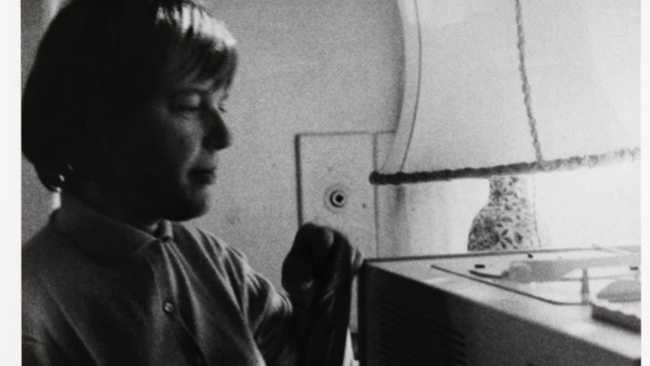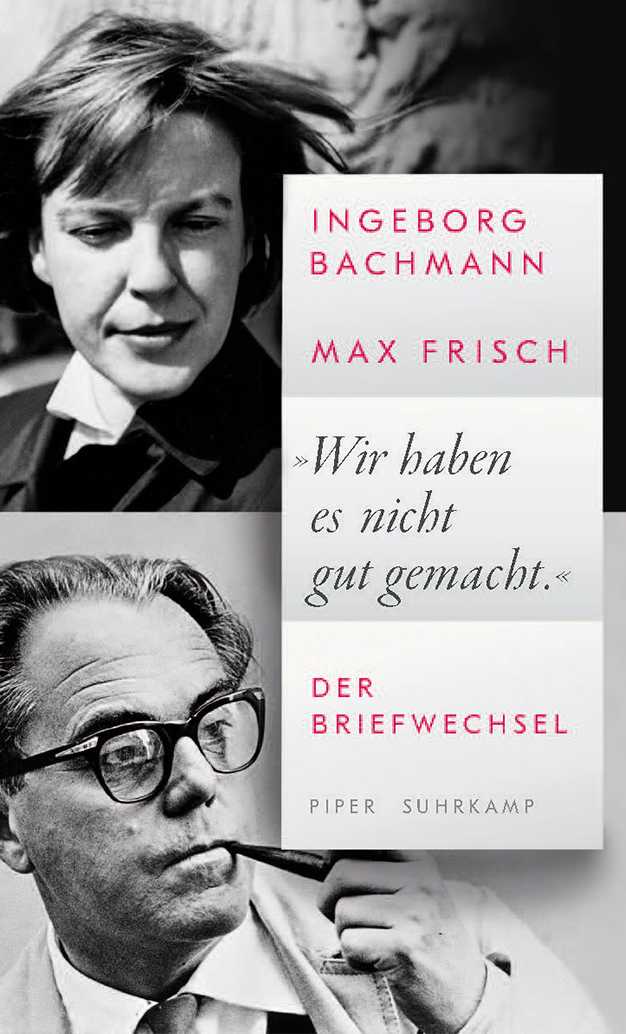A spectacular piece of literary history – New publication: the correspondence between Ingeborg Bachmann and Max Frisch
The letters exchanged by Ingeborg Bachmann and Max Frisch are among the most spectacular documents in the history of literature – and they are now being published as a book. The Max Frisch Archive invites you to an archive discussion and shows original letters for the first time.

On 21 November 2022, Suhrkamp Verlag will be publishing the long-awaited correspondence between Ingeborg Bachmann and Max Frisch, under the title external page “Wir haben es nicht gut gemacht”. The volume includes almost 300 letters and shows the relationship between the two authors in a new, surprising light.
Several events are planned across Germany, Austria and Switzerland to mark the occasion. A discussion on the correspondence will be held at external page Literaturhaus Zurich on 14 December 2022, where Thomas Strässle from the Max Frisch Foundation will talk to literary scholar Elisabeth Bronfen about life and writing, myths and a possible posthumous reconciliation.
One day later, on 15 December 2022, the Max Frisch Archive invites you to a We look forward to seeing you!
Max Frisch Archive
The Max Frisch Archive is an independent research institution belonging to the Max Frisch Foundation and based at the ETH Library in Zurich. It curates and adds to the literary legacy of Swiss author and ETH Zurich alumnus Max Frisch. The holdings are available for academic, journalistic and artistic research.
